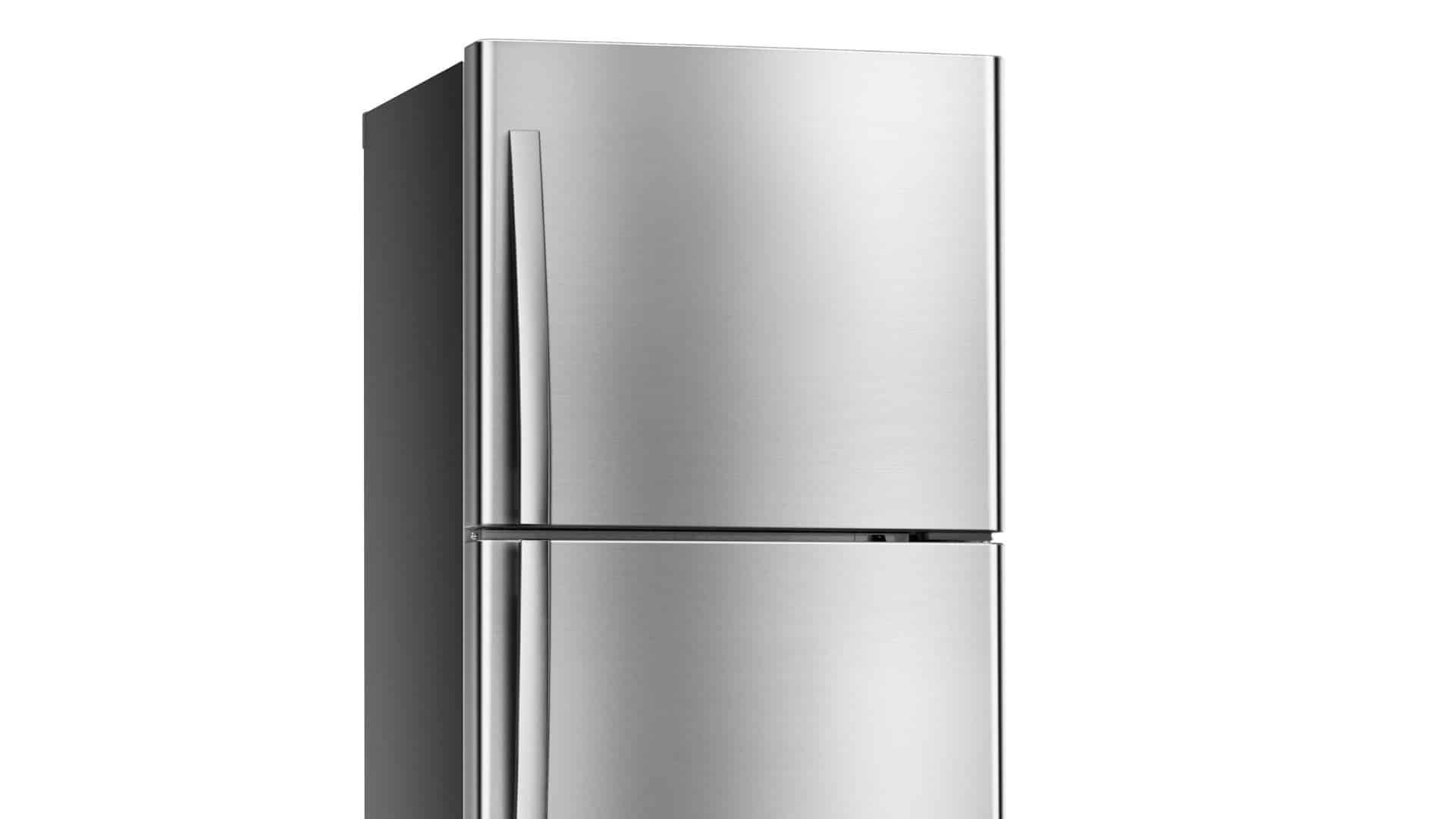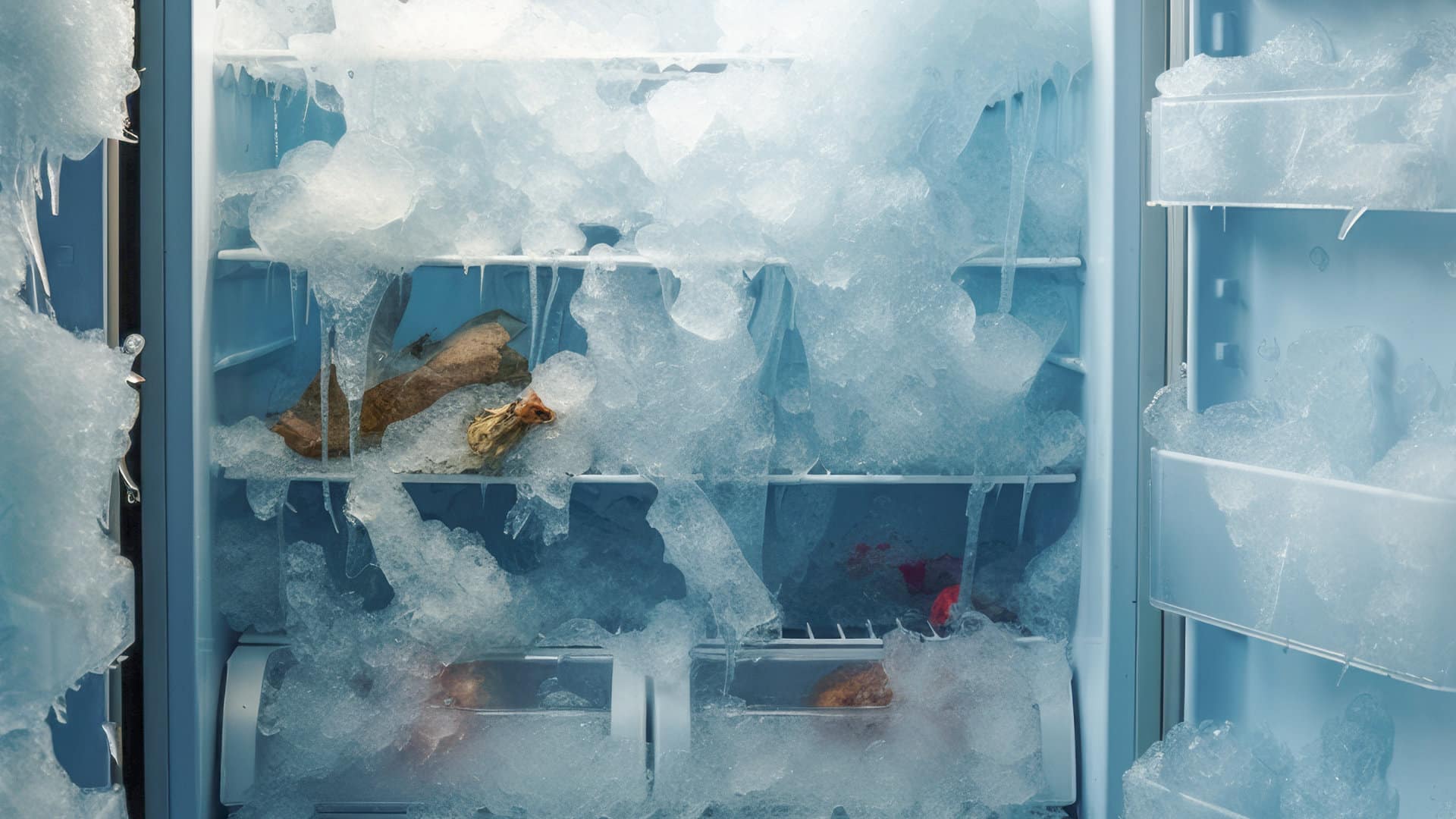
We all know that appliances can make some noise, but have you ever wondered why your refrigerator is making so much noise, especially when it’s supposed to keep things cool?
The fact is that refrigerators are designed to make some noises, but there might be times when it’s an unusual sound that can be quite unsettling and indicates a larger issue with one of the refrigerator’s internal components.
This article will explore the different noises a refrigerator can make, the possible causes, and solutions if the noise is an error.
Humming Noise
One of the most common noises that refrigerators make is a low humming sound. This humming noise is typically caused by the compressor, which is responsible for moving the refrigerator’s refrigerant. The refrigerant flows through the conductor and evaporation coils, pulling warmth from the interior of the refrigerator and dispersing it outside.
The compressor runs all the time. The constant movement also causes a slight vibration.
When the compressor runs, it produces a soft humming sound that can be heard from a distance.
However, if the humming noise is too loud or it seems to be getting louder, it could indicate a problem with the compressor.
On the other hand, complete silence can also indicate a problem with the compressor.
In such cases, you will need to call a repair technician to inspect your fridge.
Rattling Noise
Another common sound that a refrigerator can make is a rattling noise. This noise may be a result of vibrating loose parts or items placed on top of the fridge. As discussed above, the compressor produces a small vibration as a part of its normal operation.
If you have utensils, jars, or other objects on top of the fridge, they may produce the rattling sound you hear as they vibrate along with the rest of the fridge. Try moving the objects to another location and, if the sound persists, some interior parts may be loose and you may need a repair. The shelves or drawers could be loose, or the refrigerator could be unbalanced. Check the shelves and drawers for any signs of weakness or damage.
You can adjust the balance of your refrigerator by lifting the front (you will need another person to help) and screwing or unscrewing the feet at the base. Turning them clockwise will tighten (raise) them, and counterclockwise will loosen (lower) them.
Clicking Noise
If you notice a clicking sound coming from your refrigerator, do not panic. This sound is often due to the defrost timer cycling on and off the cooling system. Also, it can be a result of relay switches. The fans inside the refrigerator and freezer compartments help regulate the temperature by moving the cold air around. There will normally be a clicking noise as they start and stop, usually when the doors are opened.
If you have a refrigerator with an ice maker, the ice maker will periodically produce ice and drop it into the bucket. This can create a clicking sound.
However, if the sound is louder than usual or accompanies a temperature fluctuation, it’s wise to call a technician for repair. A loud clicking sound usually means the fan blades are being blocked by something.
Gurgling Noise
A gurgling noise is not necessarily a red flag on your fridge. Rather, it is the result of the refrigerant flowing through the evaporator coils. This noise is usually not loud and should not cause any concern since it means your fridge is in good condition and the refrigerant is flowing.
Also, if your refrigerator has an ice maker and water dispenser, the ice maker will periodically draw water from the supply line to make new ice. The fridge should also gurgle a little when dispensing water as the flow of water turns off and on.
Squealing Noise
A squealing noise could mean trouble if it goes on for a long time. This sound often indicates an issue with the fan motor. The fan blades could be blocked, or ice has accumulated on the blades, causing the fan to work harder and putting pressure on the motor.
It could be that the fan’s motor bearings or fan blades require fixing or replacement. Address this squealing sound as soon as possible to prevent further damage.
Buzzing Noise
A buzzing noise that lasts longer than 5 minutes and cannot be explained by the above is probably caused by an error with the connection of the ice maker and water dispenser. If the water dispenser and ice maker try to draw water but cannot, this will result in a long buzzing noise.
To resolve this buzzing noise, inspect your refrigerator’s water supply lines. Make sure the water is on and the pressure is not too high. If everything looks ok from the outside, but the noise persists, you’ll need to call a repair technician. The water lines may have frozen and this is a difficult repair best carried out by a professional.
Sound from Under the Refrigerator
Hearing a thwapping sound, like a playing card flicking against bicycle spokes, coming from underneath your refrigerator? This might be a sign that something’s hitting the condenser fan blade, which usually happens with older refrigerator models.
Before fixing the issue, remember safety first: unplug your fridge.
Gently move your refrigerator away from the wall.
Take off the cover at the bottom of the back of the fridge. You should now see the fan blade.
Check out the fan blade. Is there something stuck there? If you find a large rubber strip, you’ll need to call in the professionals. This strip is an air divider that ensures proper airflow under the fridge. It’s crucial it gets reinstalled correctly. If you find any other obstructions, feel free to remove them.
Put the rear cover back on.
Plug the fridge back in and gently push the fridge back into its usual position.
The Bottom Line
In conclusion, your refrigerator can make a lot of different noises as part of its normal operation, but some noises, if they are particularly loud or strange, can indicate a problem deeper in the fridge.
As we have explored in this blog post, the humming noise often results from the compressor, a rattling noise can be due to loose parts, a clicking sound comes from the defrost timer, and a gurgling sound from flowing refrigerant or water.
However, a squealing, buzzing, or noise under the fridge noise can be a cause for alarm.
It is crucial to realize what sounds are normal and which ones are not to help you detect issues early, prevent costly repairs, and prolong both the fridge’s lifespan and performance.
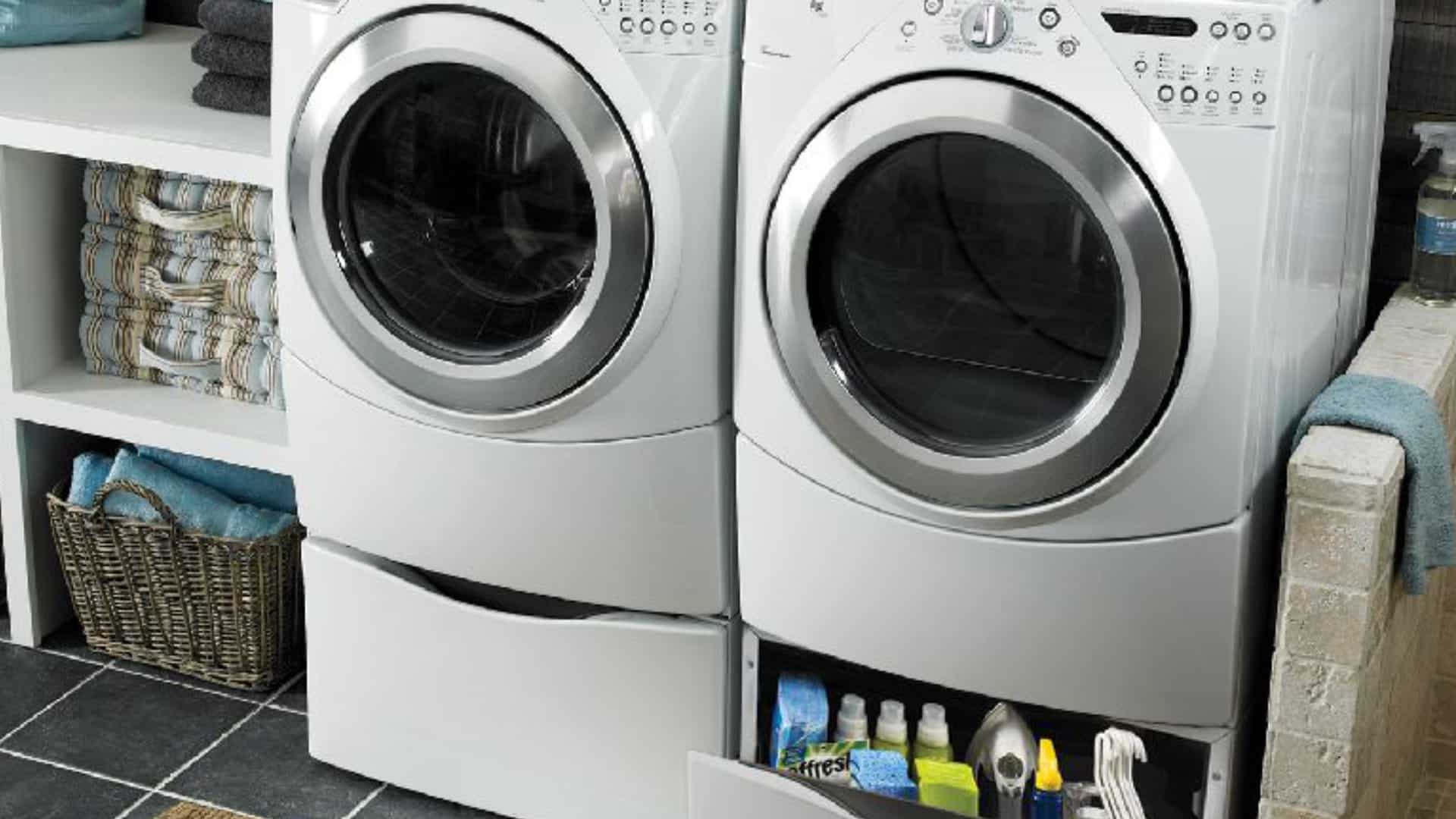
How to Fix the Whirlpool Washer F9 E1 Error Code
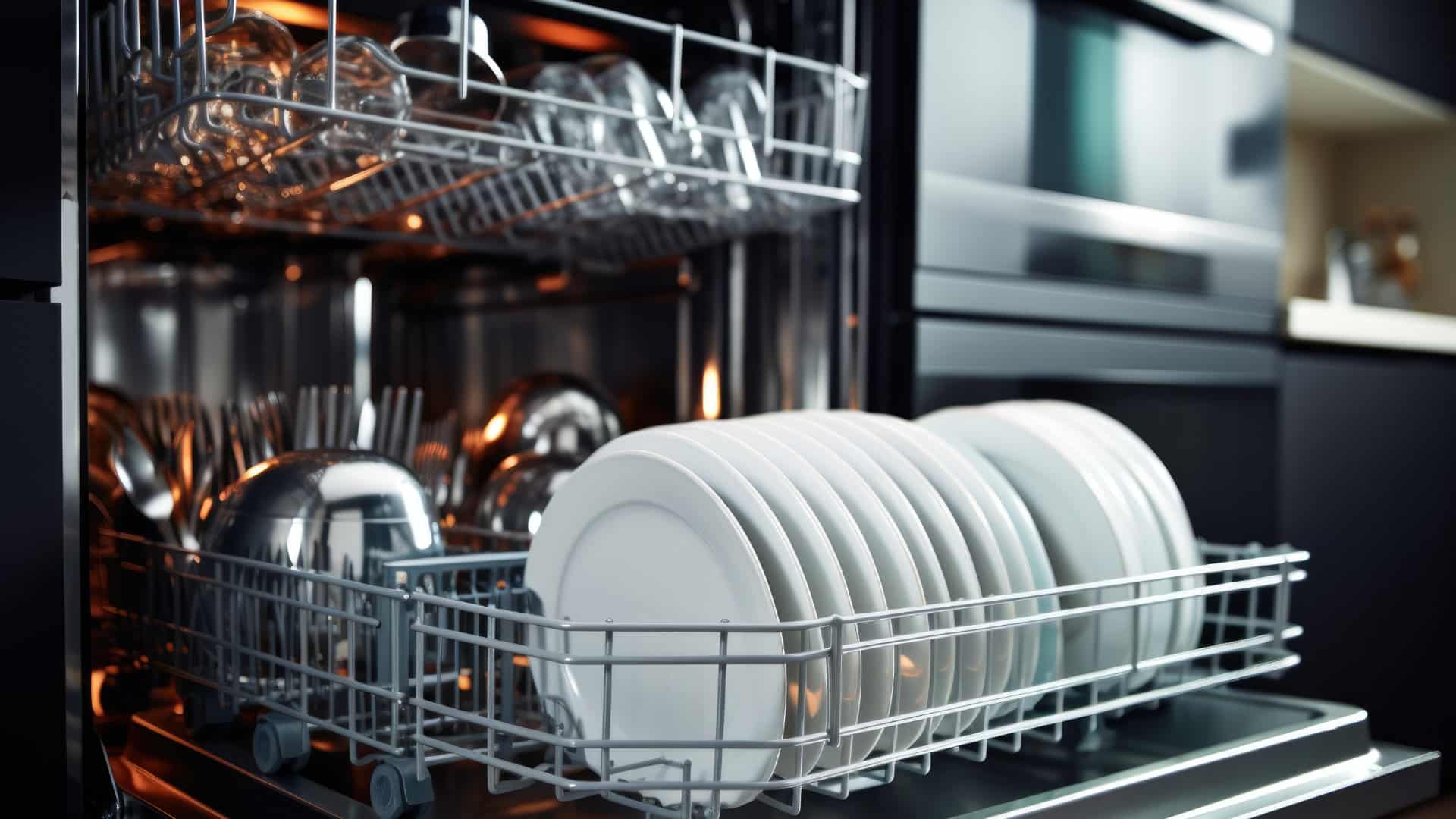
How to Solve Frigidaire Dishwasher Lights Blinking
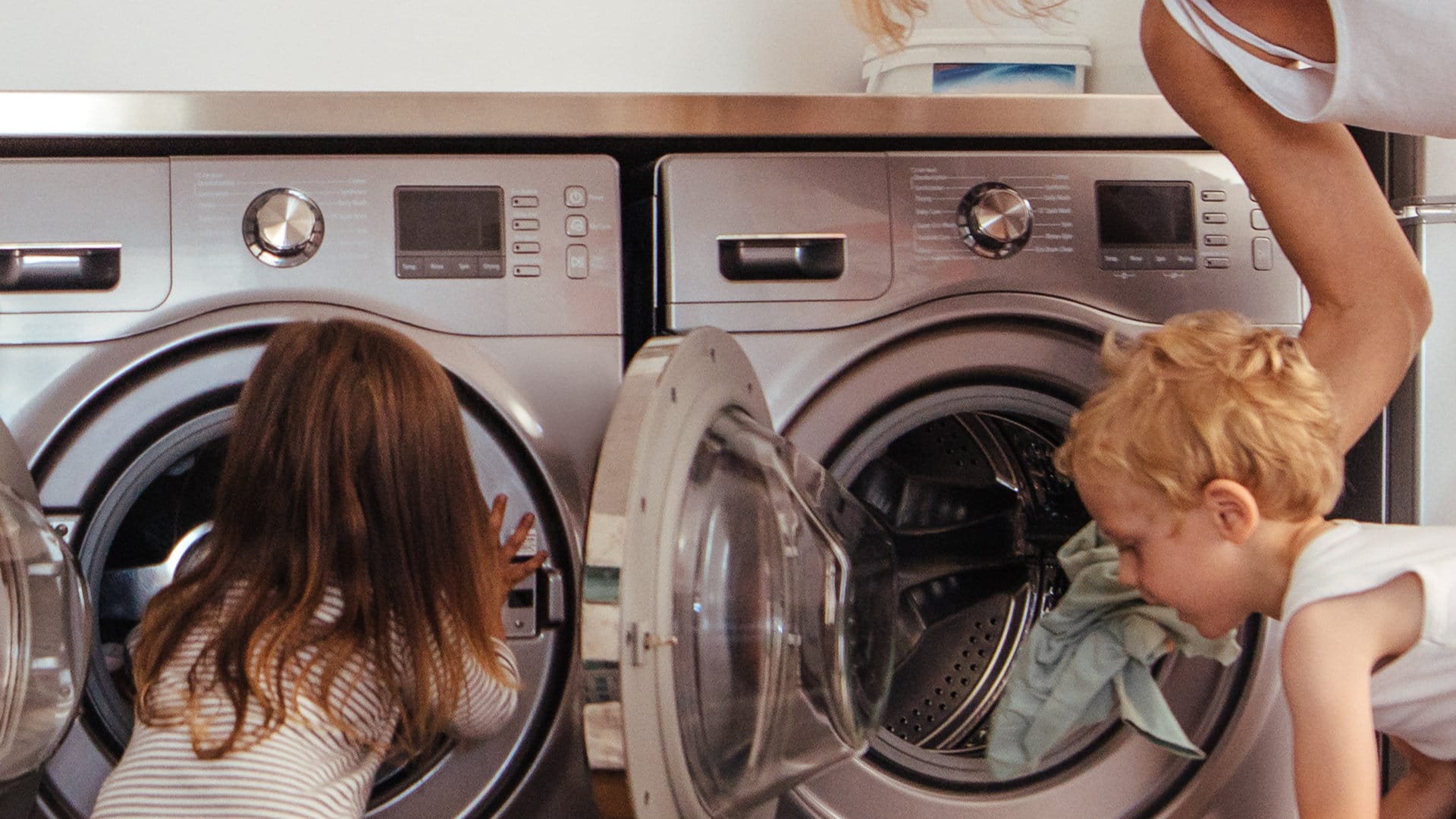
Resolving the LG Washer UE Error Code (3 Easy Fixes)
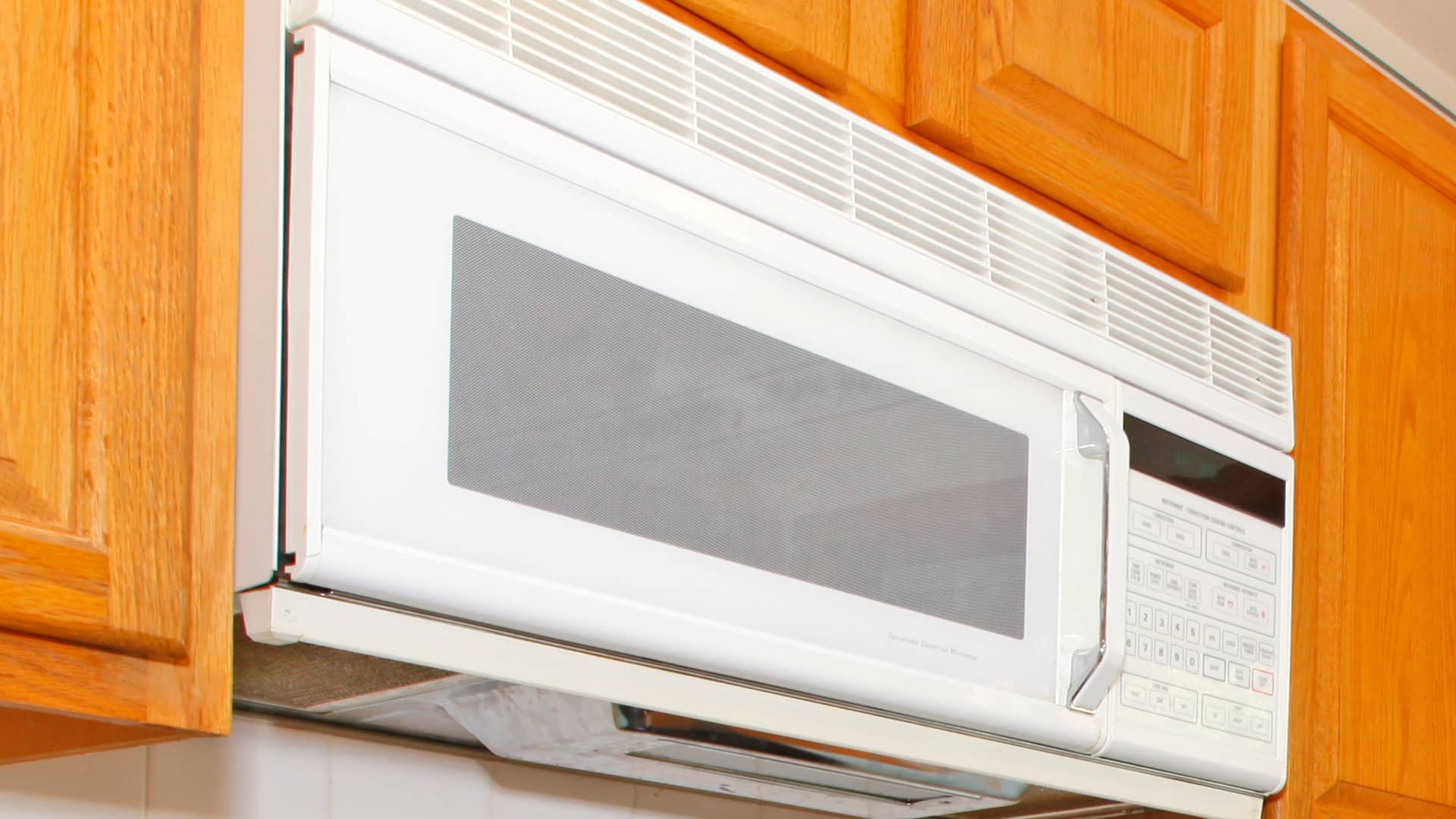
Replacing an Over-the-Range Microwave with a Range Hood
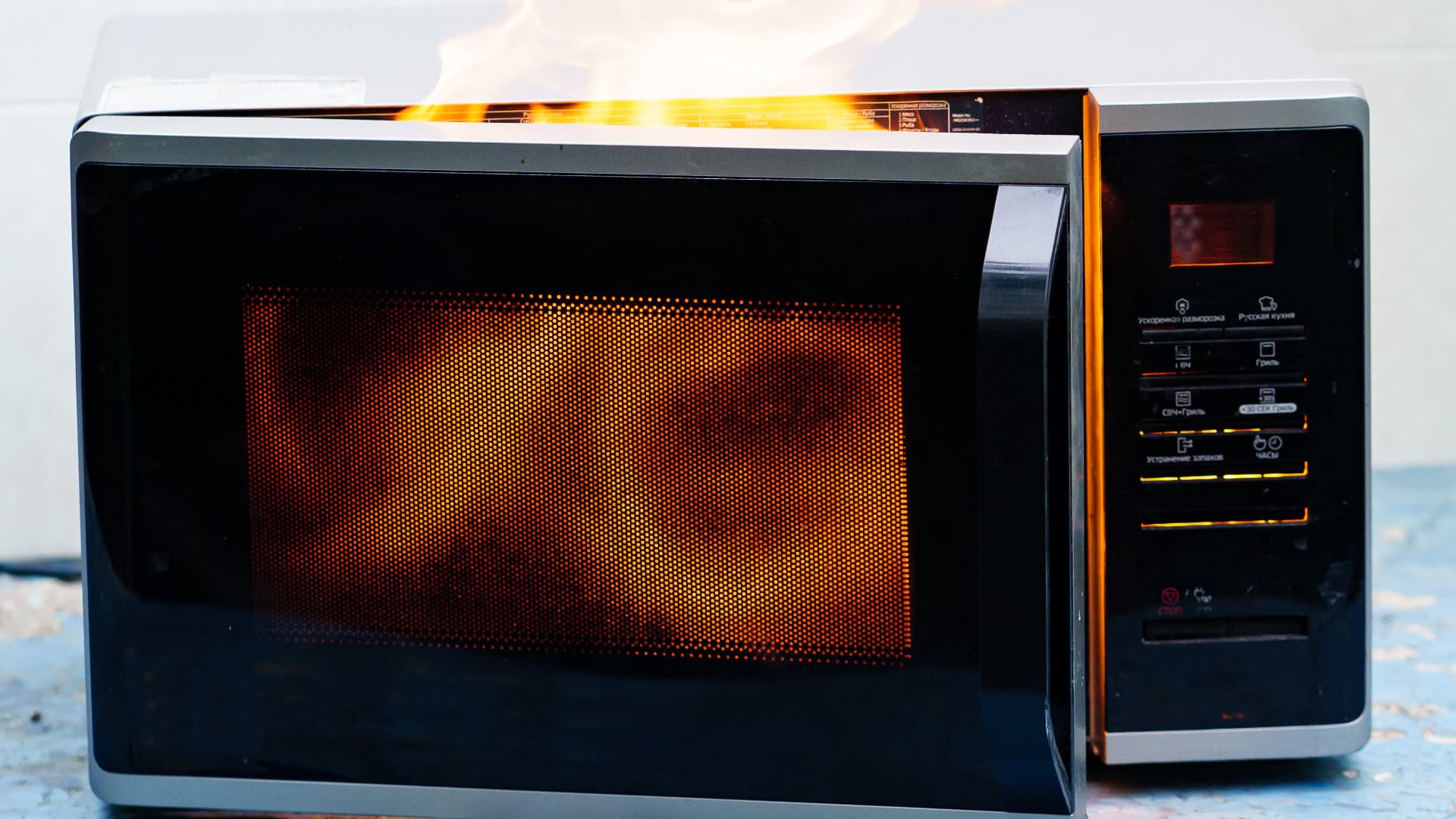
How to Get Burnt Smell Out of Microwave (In 2 Easy Steps)
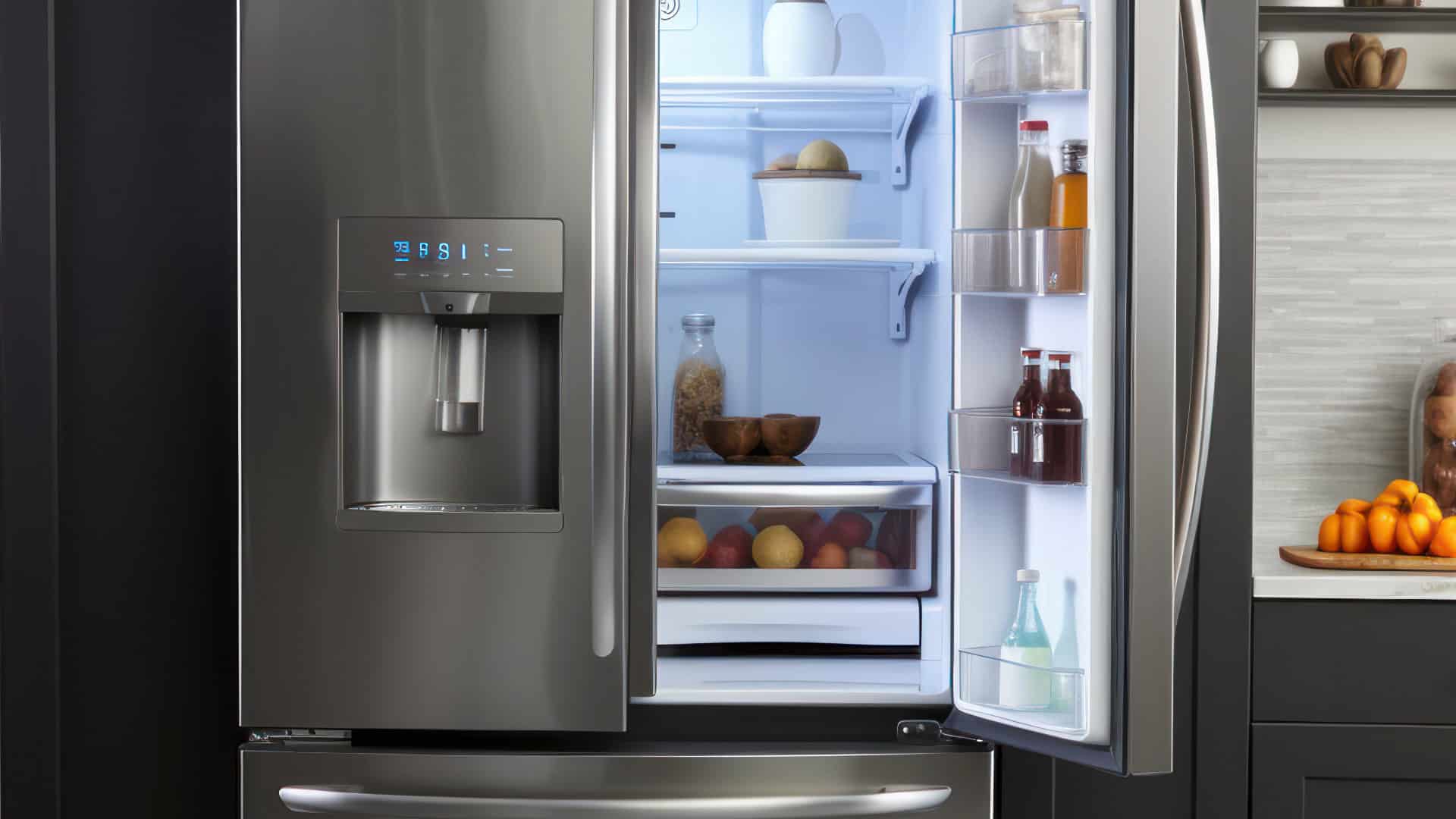
7 Reasons Why Your Bosch Ice Maker Is Not Working
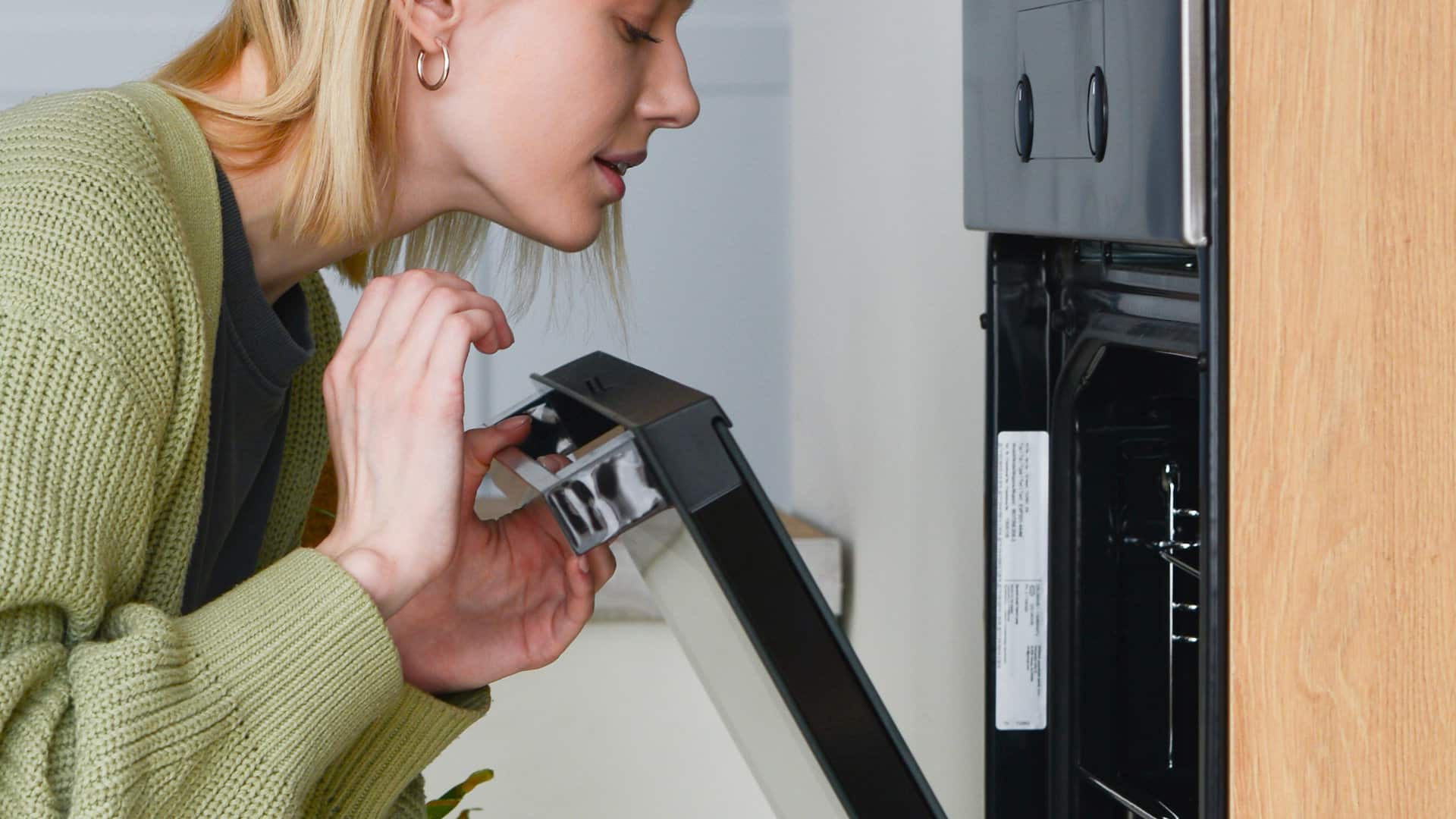
Why Does Your Self-Cleaning Oven Smell?
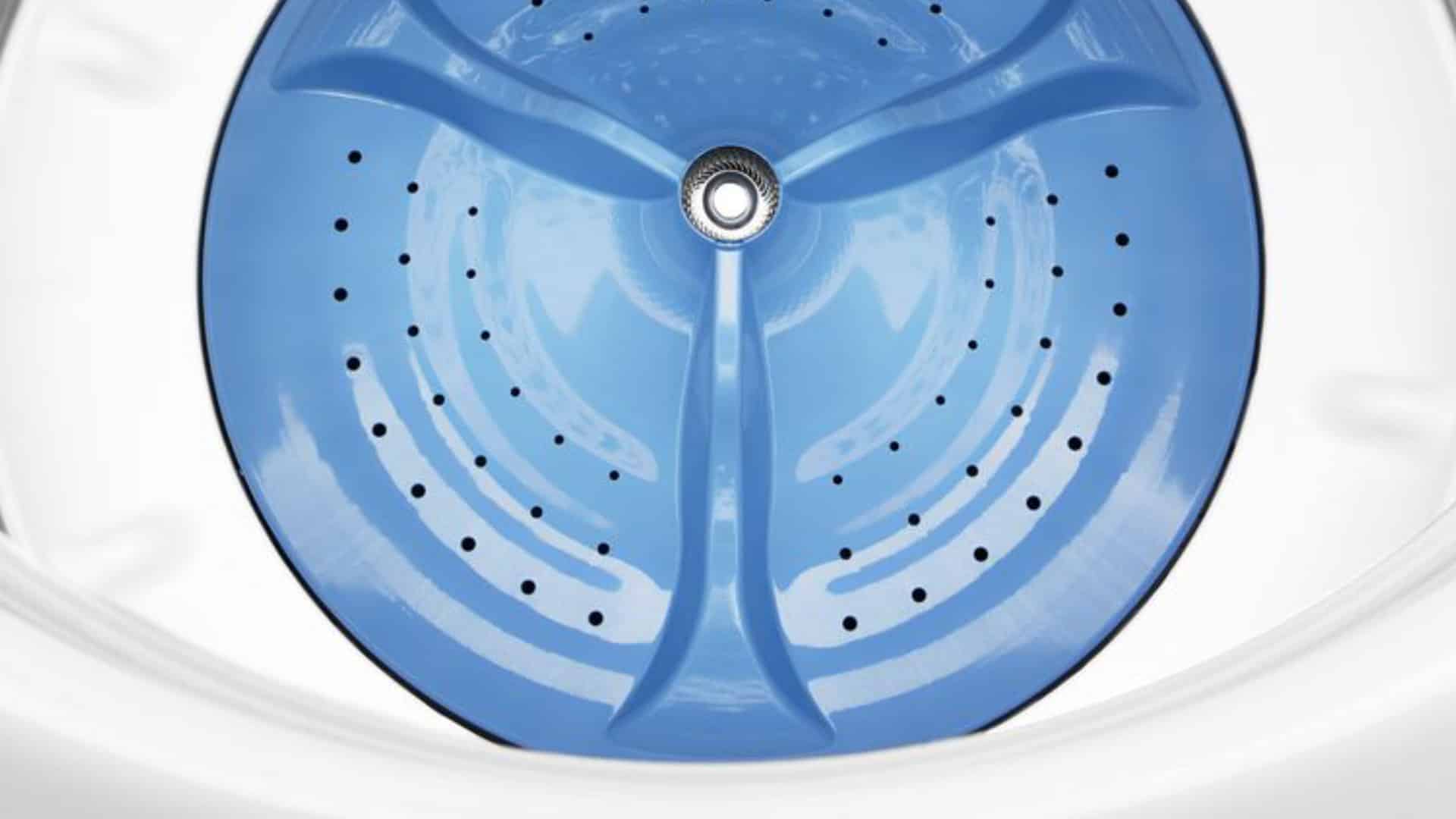
Why Is Your Whirlpool Cabrio Washer Not Spinning?

Why Does My Refrigerator Make Noise?
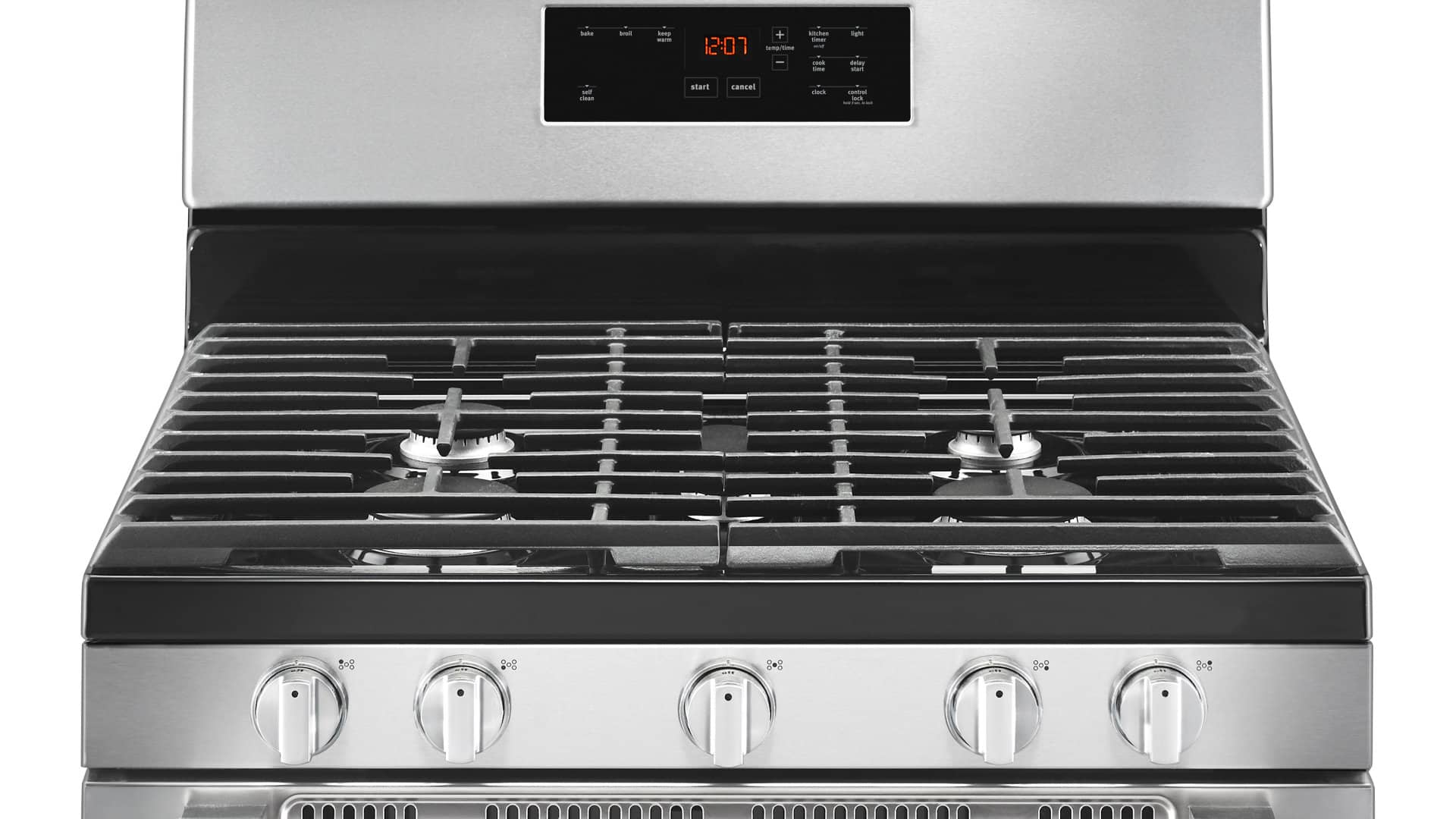
Troubleshooting the F2 Error Code on a Whirlpool Oven
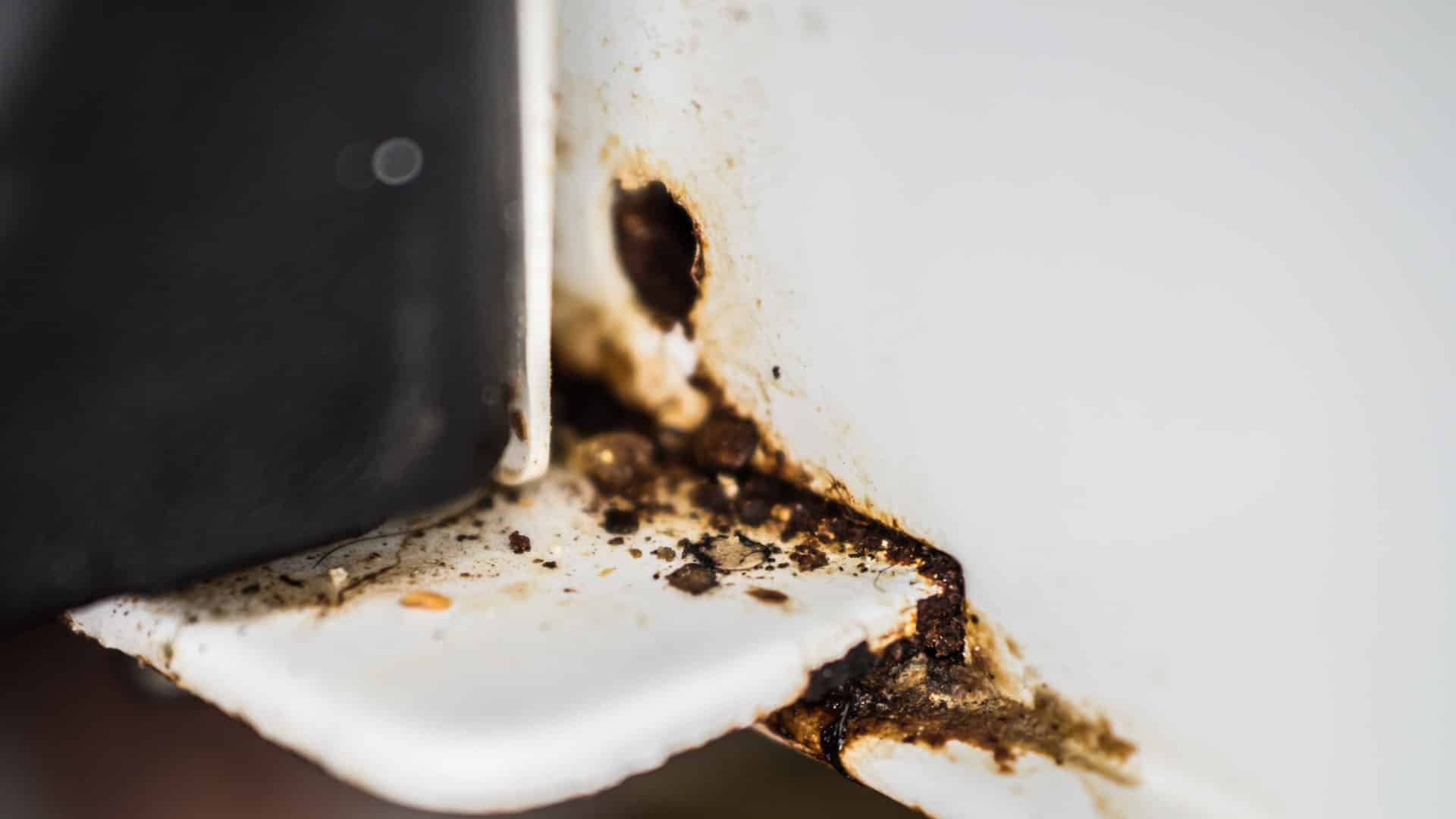
Rust Inside Microwave: Causes, Fixes, and Prevention Tips

4 Ways to Get Smell Out of Dishwasher
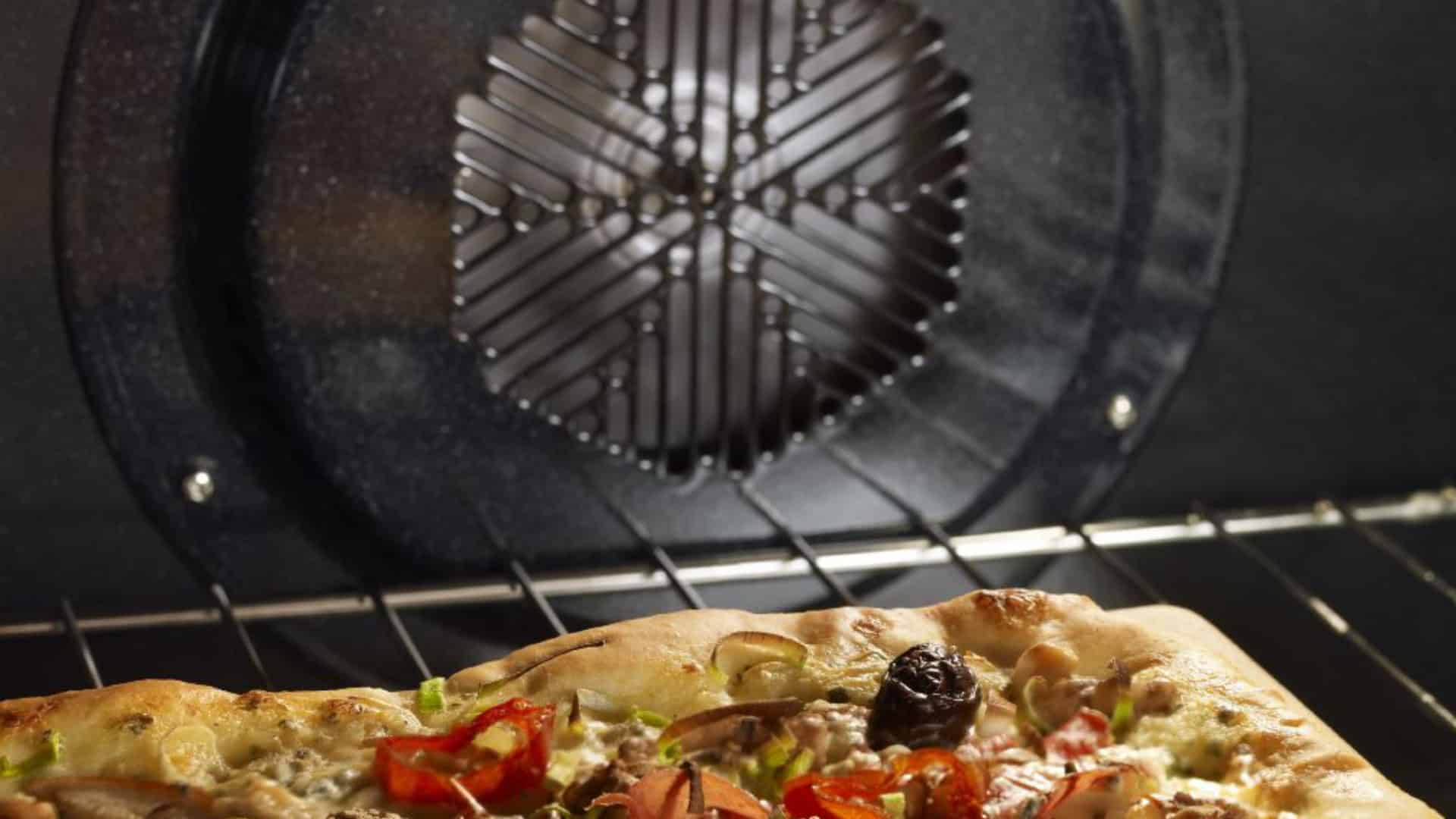
7 Steps to Fix a Whirlpool Oven Not Heating
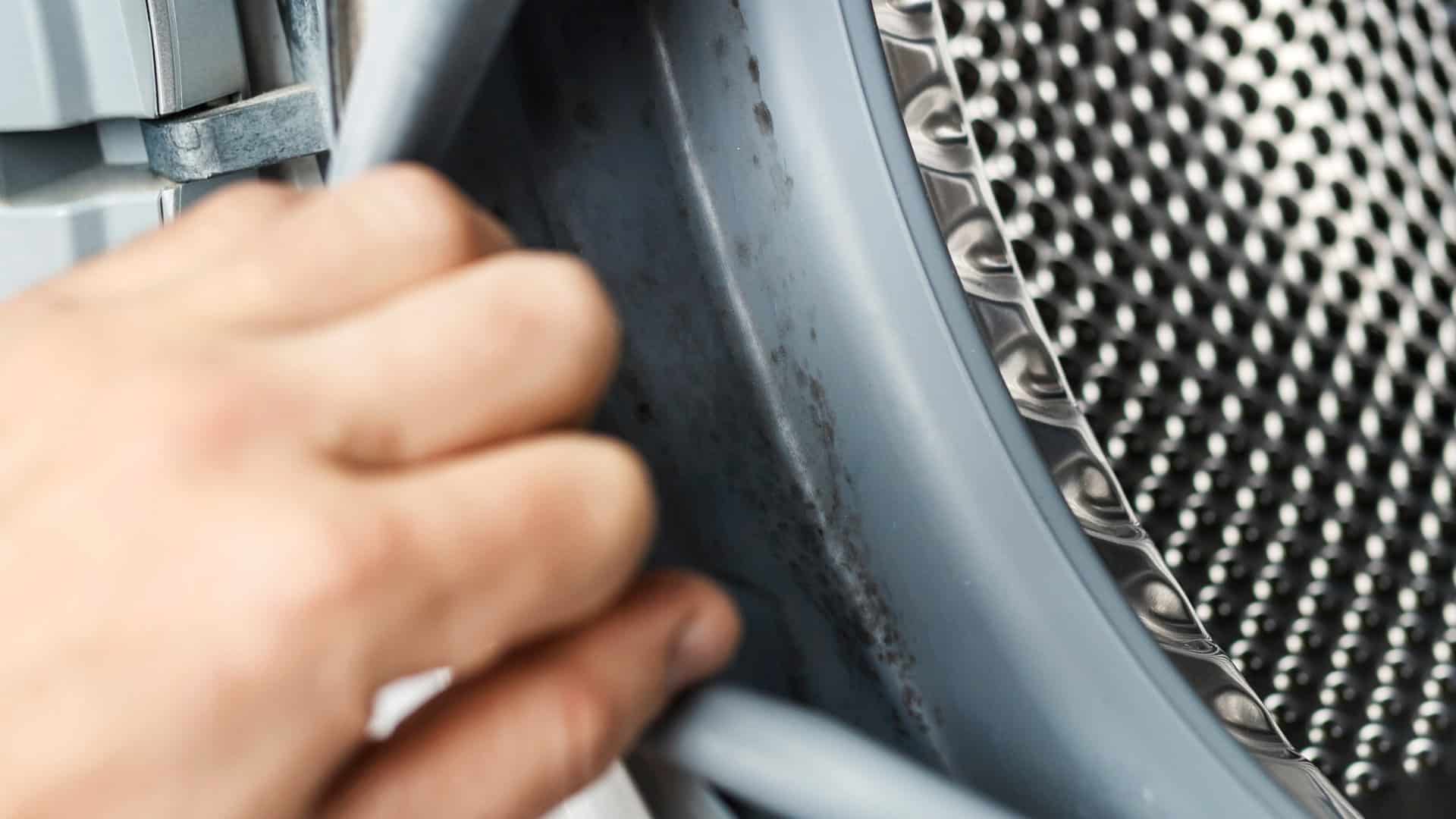
What to Do When Your Washing Machine Smells Like Rotten Eggs
